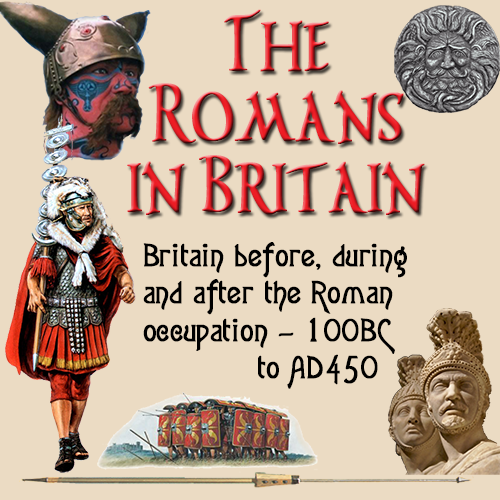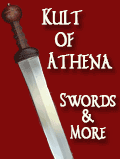Roman Bread and Cake Recipes: Main Page
The History of Bread:
Roman Bread and Greek Bread
From: The Dove's Farm website
The Romans and Bread
 Baking flourished in the Roman Empire from as early as 300BC but it wasn't until 168BC that the first Bakers Guild was formed, within 150 years there were more than three hundred specialist pastry chefs in Rome.
Baking flourished in the Roman Empire from as early as 300BC but it wasn't until 168BC that the first Bakers Guild was formed, within 150 years there were more than three hundred specialist pastry chefs in Rome.
The whole craft was incorporated in a guild of bakers COLLEGIUM PISTORUM and was of so high repute in the affairs of the state that one of its representatives had a seat in the Senate. The ruins of Pompeii and other buried cities have revealed the kind of bakeries that existed in those historic times.
The Romans enjoyed several kinds of bread, with interesting names. Lentaculum, made originally flat, round loaves made of emmer, (a cereal grain closely related to wheat flour) with a bit of salt were eaten. There was also oyster bread (to be eaten with oysters); 'artolaganus' or cakebread; 'speusticus' or 'hurry bread', tin bread, Parthian bread and the Roman Style Slipper Loaf
Breads were made richer by adding milk, eggs and butter, but only the wealthy and privileged could afford these. The Egyptian grammarian and philosopher Athenaeus, who lived in the 3rd century A.D., has handed down to us considerable knowledge about bread and baking in those days.
Athenaeus wrote: "the best bakers were from Phoenicia or Lydia, and the best bread-makers from Cappadocia."
 He also gave us a list of the sorts of bread common in his time; leavened loaves, unleavened loaves; loaves made from the best wheat flour; loaves made from groats, or rye, and some from acorns and millet. There were lovely crusty loaves too, loaves baked on a hearth and bread mixed with cheese, but the favourite bread of the rich was always white bread made from wheat.
He also gave us a list of the sorts of bread common in his time; leavened loaves, unleavened loaves; loaves made from the best wheat flour; loaves made from groats, or rye, and some from acorns and millet. There were lovely crusty loaves too, loaves baked on a hearth and bread mixed with cheese, but the favourite bread of the rich was always white bread made from wheat.
Leavening
Though the Romans were familiar with sourdough they had no easily accessible leavening agent for cakes, such as baking powder, but they could still produce light cakes that rise slightly when baked. The trick was to beat eggs well and use a high egg to flour ratio.
Tools
That today indispensible baking tool, the rolling pin, appears to have been unknown in the Roman era and dough was probably stretched by hand. There is, however, some indication in the ancient sources that they had a tool similar to the cookie press.
A cool video on Roman breadmaking




















